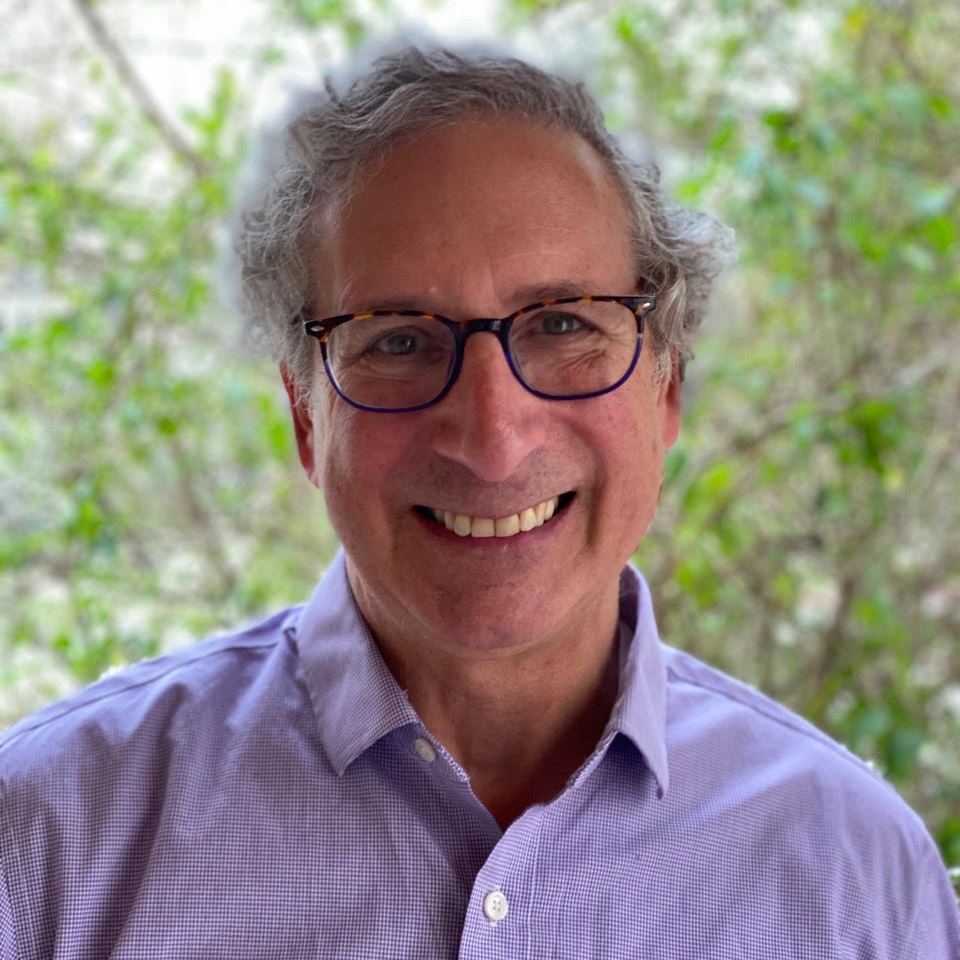 Edit article
Edit articleSeries
Journeys
From “Kosher Cop” to Academic Bible Scholar
Categories:

I am an accidental biblical scholar.  In Jewish day school, Chumash was, by and large, uninspiring. I grew up in an observant Conservative home in Brooklyn, and my father, an accountant who was well-read in Jewish studies, knew about biblical criticism and introduced me to it.
In Jewish day school, Chumash was, by and large, uninspiring. I grew up in an observant Conservative home in Brooklyn, and my father, an accountant who was well-read in Jewish studies, knew about biblical criticism and introduced me to it.
He encouraged me to read Nahum Sarna’s Understanding Genesis while in high school, and later, Robert Alter’s early Commentary essays on the Bible as literature. But critical perspectives had little sway on me then; to the extent that I thought about such things, I found the more traditional perspective, which was brainwashed into me from school, more persuasive.
I arrived at Brandeis in fall 1975, intending to major in Economics. I needed one extra course to fill out my schedule, so I took Psalms, a Hebrew text course, with Nahum Sarna.[1] He taught while wearing a kippah and I knew that he attended an Orthodox shul, which made this course okay in my book.
Nevertheless, I remember being scandalized when he discussed the non-Davidic authorship of Psalms. I was so upset that I couldn’t take notes that whole class—when studying for the final, I had to copy that class’s notes from a friend!
In the first few meetings, he shared big ideas—about guilds of psalmists, the partial preservation of ancient texts, the structure of biblical poetry, biblical psalms in their ancient Near Eastern context, etc. The Bible became alive and interesting in a way that it rarely had in my many previous years of day school education.
Once we started reading texts, it only got better. Sarna was a great reader of texts—thorough and interesting. The best days were the ones when we covered only one verse. He loved British literature as well as Hebrew poetry of all eras, and this love and appreciation permeated every class, which was punctiliously prepared.
He never taught Torah texts, and only touched on source-criticism in the most cursory fashion, thus I didn’t feel threatened by him. And my co-students in that class—including several people who have gone on to write for TheTorah.com, such as Marty Lockshin, or to become important figures in the Jewish world (including the first two female rabbis ordained at JTS)—were all nice and encouraging, even though I was this traditional 17-year-old, pipsqueak freshman from Boro Park (which was not quite yet the Boro Park of today).
I remained very traditional throughout Brandeis—I was a mainstay of the daily Orthodox minyan, waking up the guys for minyan by calling their girlfriends’ dorm rooms, and (something I now regret) I played a role in breaking apart of the unified Friday night traditional minyan, which had a human mechitza, where Orthodox, Conservative, Reform, and other students each compromised a little to daven together. I would not step foot in the wonderfully vibrant egal(itarian) minyan. I even worked as a mashgiach (supervisor) in the kosher kitchen, gaining the moniker of “the kosher cop.”
I quickly switched from majoring in Economics to Near Eastern and Judaic Studies—but my real major was “Sarna”—I took every Bible course he taught, and eventually caught on to his method. (I got a B in my first course with him, but then I improved.) I studied Bible with others too—Michael Fishbane and Moshe Goshen-Gottstein (a visiting professor for a year)—but it is Sarna who infected me with the Bible bug at Brandeis, and is thus responsible for my career.[2]
My perspective became quite different than his, but he always encouraged me, and never chastised me for taking different views. He taught me how to read slowly, carefully, and thoughtfully, and for that I will be ever-grateful. And I also appreciate that my parents always supported my career choice, never encouraging me to study something more practical.
Over the years, and especially over the last two decades, I have lost any lingering attachment I had to the label “Orthodox.” I typically daven in Orthodox shuls, and I am observant, albeit less punctilious than years ago. Yeshiva day school has worn off after 45 years. I don’t think that biblical criticism, to which I fully subscribe, is primarily responsible for this change.
I have grown up and become more comfortable with myself. As a more mature scholar, I clearly see, as Mordechai Kaplan said, that Judaism is “the evolving civilization of the Jews.” And over the last decade or so, in conversation with my partner, Tova Hartman, I have realized that it is possible, even necessary, to actively foster such evolution. I thus take great pleasure in contributing to this forum at the eighth anniversary of TheTorah.com, which I helped to co-found.
TheTorah.com is a 501(c)(3) nonprofit organization.
We rely on the support of readers like you. Please support us.
Published
May 6, 2021
|
Last Updated
March 2, 2025
Previous in the Series
Next in the Series
Before you continue...
Thank you to all our readers who offered their year-end support.
Please help TheTorah.com get off to a strong start in 2025.
Footnotes


Prof. Marc Zvi Brettler is Bernice & Morton Lerner Distinguished Professor of Judaic Studies at Duke University, and Dora Golding Professor of Biblical Studies (Emeritus) at Brandeis University. He is author of many books and articles, including How to Read the Jewish Bible (also published in Hebrew), co-editor of The Jewish Study Bible and The Jewish Annotated New Testament (with Amy-Jill Levine), and co-author of The Bible and the Believer (with Peter Enns and Daniel J. Harrington), and The Bible With and Without Jesus: How Jews and Christians Read the Same Stories Differently (with Amy-Jill Levine). Brettler is a cofounder of TheTorah.com.
Essays on Related Topics:









